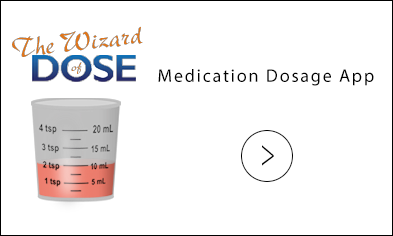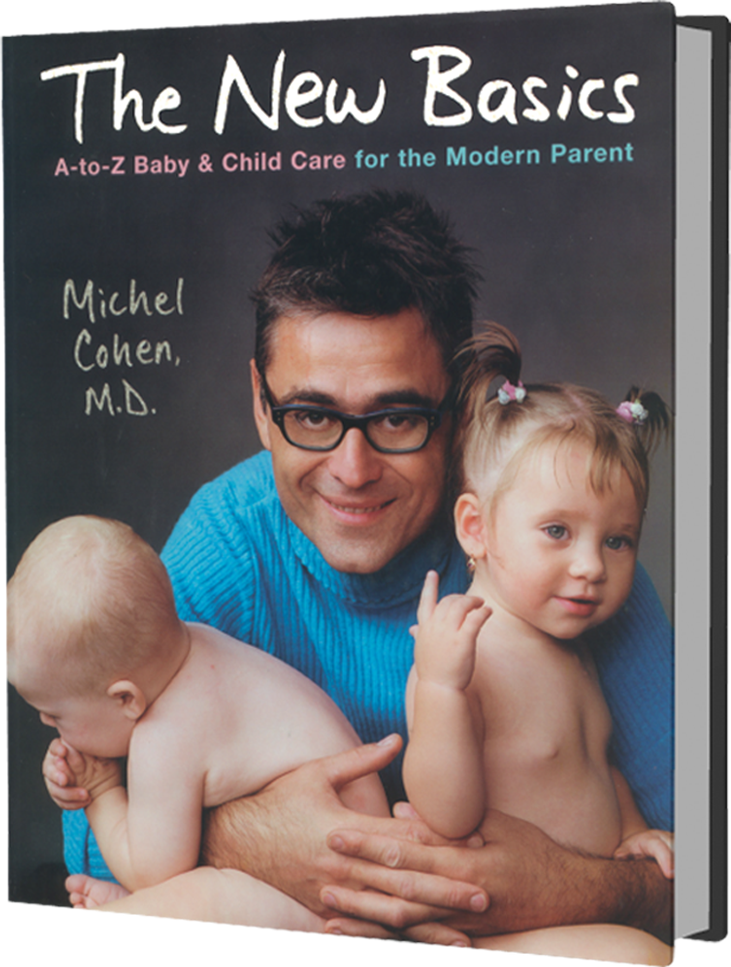
LGBTQ+ Resources and Support
At Tribeca Pediatrics we are committed to addressing the specific mental and physical health needs of lesbian, gay, bisexual, transgender, queer, and gender non-binary (LGBTQ+) children and teens. We work to provide kids with a safe and inclusive ‘medical home’ to ensure equal access to quality medical care. Our providers and staff understand that LGBTQ+ kids may encounter unique biases and obstacles to accessing the resources they need, so we are here to help.
Let’s say your Kindergartener confidently comes out to you as LGBTQ+, or your ‘tween hits puberty and feels betrayed by their body, because the gender they were assigned at birth doesn’t align with how they view themselves. These scenarios can be both joyous and overwhelming, for both you and for them. “What if I say the wrong thing?” or “Is he too young to understand what this means? Is he just exploring?” A parent might worry they aren’t showing enough support or understanding, or may even feel unsure of how to approach the conversation at all.
—
Here are a few important things to consider, and ways to offer support:
First and most importantly, remember that your child has to come out to themselves before they can come out to you. Their process of self-acceptance is just as complicated, if not more so, as is your acceptance of their identity. Your child might be overcoming fears and negative emotions in order understand what they are feeling, so the best thing you can do for them is to listen. Ask questions with openness and without judgment. Be calm, be gentle. They might really just need someone to talk to; so be that person for your child.
It’s okay to feel mixed emotions at first; maybe you had a different plan for your child, or perhaps you are fearful because you know that LGBTQ+ people can face disproportionate challenges and barriers throughout life. No matter what you may feel, this moment is ultimately about your child and their personal journey. No amount of confusion or fear you may be experiencing is worth damaging your relationship with your child, or making them feel wrong for expressing who they are.
Ask your child what kind of support they need and be ready to figure out how to give them that support. They might be too young to answer some of the questions but never too young to feel supported. For an older child or teen, ask them if they want to learn about any community-based or online LGBTQ+ groups as well as if they want out to reach out to us here at Tribeca Pediatrics. Check in with them about their mental health, and whether they have specific questions for their medical provider, especially as they enter puberty. Be prepared that you may be their first, and their best example of what it means to be their own LGBTQ+ health advocate.
Be your child’s confidante; before speaking to anyone else about their coming out process, or exploration, ask if they want to keep it between the two of you or share their news with others, specifically, at school. If they come out socially or at school, check in regularly about any potential bullying situations, in person or online.
As their parent and family, you are one of their most vital resources, emotionally, mentally, and socially. Your efforts of support during this process can have a lifetime’s worth of positive impact and harm reduction. The process of lending support to your LGBTQ+ child is lifelong, since your child will have to come out continuously and repeatedly throughout their lives. The expression that ‘acceptance is protection’ for LGBTQ+ kids can help you guide them towards seeking the resources they need that you may not be able to fulfill.
Your child’s queerness is just another part of what makes them who they are.
—
LGBTQ+ Resource List
We understand the importance of LGBTQ+ youth and their families having access to the resources they need to ensure their unique health needs are protected and supported.
Please refer to our list of LGBTQ+ resources and centers, and contact us with any questions about the below organizations.
DOE list of Community-Based LGBTQ+ Organizations
PFLAG NYC
130 E. 25th Street, Suite M1
New York, NY 10010
212-463-0629
Brooklyn Community Pride Center
1360 Fulton St, Ground Floor
Brooklyn, NY 11216
Direct: (347) 779-2238
Main: (347) 889-7719
Health and Education Alternatives for Teens (HEAT)
(718) 613-8453
LGBT Network Q Center (Queens LGBT Community Center)
35-11 35th Ave
Astoria, NY
(718) 514-2155
Ackerman Institute for the Family
936 Broadway, 2nd Floor
New York, NY 10010
Main: (212) 879-4900, ext 100
Callen Lorde
Chelsea:
356 West 18th St. New York, NY 10011
(212) 271-7200
Bronx:
3144 3rd Ave, Bronx, NY 10451
(718) 215-1800
Brooklyn:
40 Flatbush Ave Ext, Brooklyn, NY 11201
(718) 215-1818
Thea Spyer Center:
230 West 17th St, New York, NY 10011
(212) 271-7200




 MEDICATION DOSAGE
MEDICATION DOSAGE

